10 Canadian Laws That Catch American Tourists Completely by Surprise

Many Americans visiting Canada are surprised by laws that differ sharply from those back home. It’s not just about kilometers or the drinking age; Canada enforces unique rules around driving, cannabis, prescriptions, and more. Some of these laws come with hefty fines or serious consequences, even for first-time visitors. If you’re planning a road trip or city break across the northern border, these 10 legal quirks are worth knowing so you don’t get caught off guard or end up paying the price.
Cannabis Border Ban
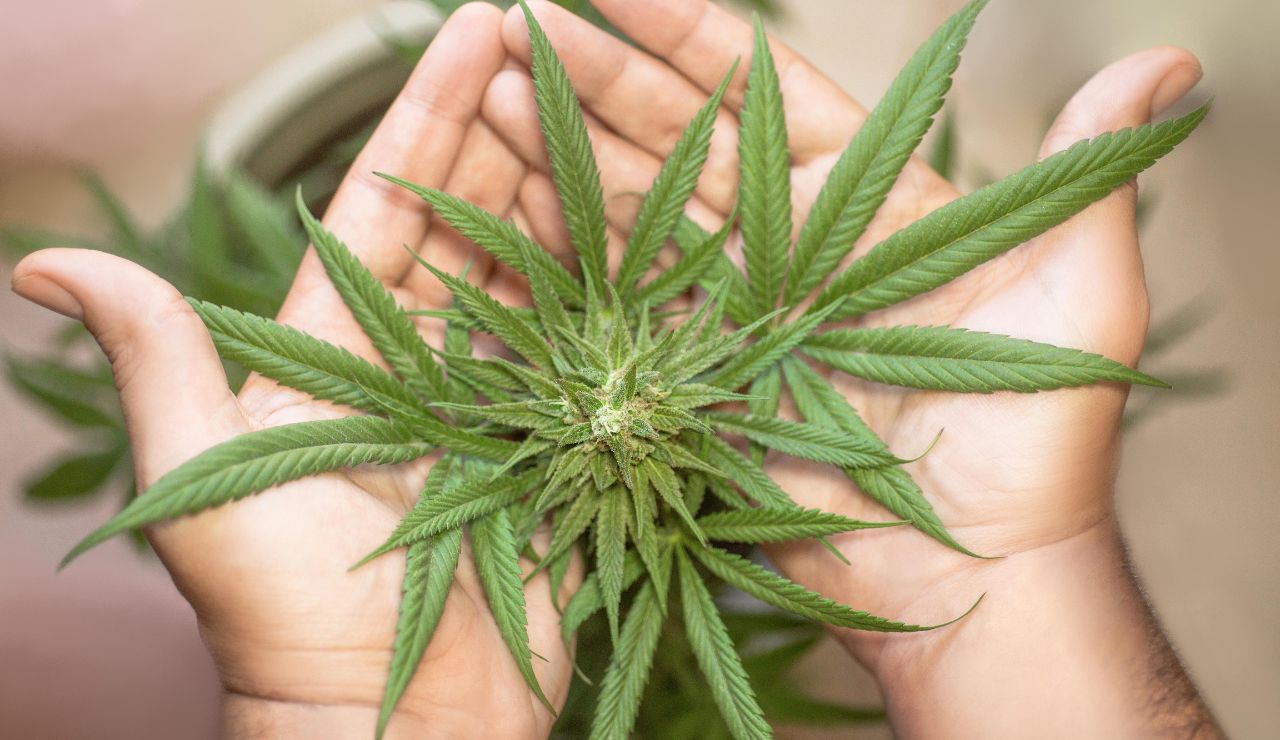
You might assume it’s fine to bring cannabis into Canada since it’s legal there, but you’d be wrong. It’s a federal crime to cross the Canadian border with cannabis, whether you’re entering or leaving. Even small amounts can lead to serious consequences, including fines, being turned away, or legal action. U.S. tourists should always leave it behind. Border agents don’t take this lightly, and ignorance of the law won’t protect you.
Cannabis Use Rules
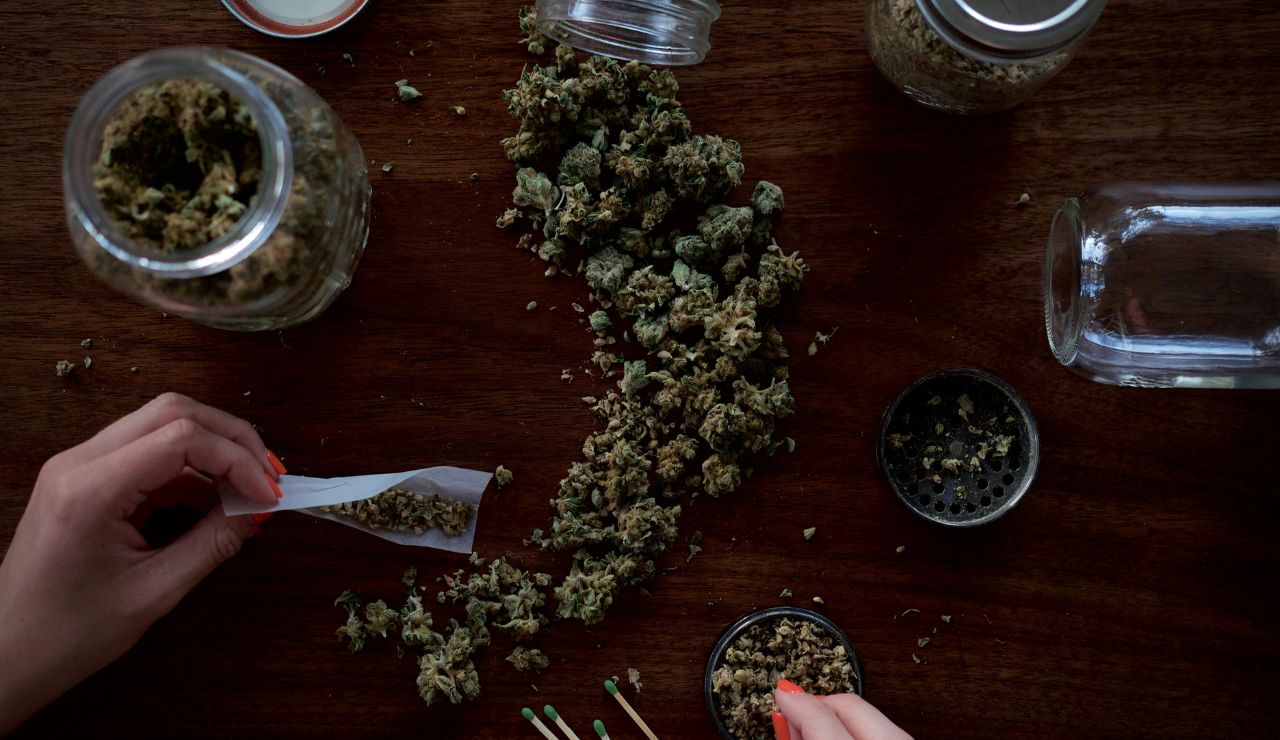
Once inside Canada, cannabis laws still vary by province. You can’t just light up anywhere, even if it’s legal in general. Some places allow public use, while others ban it in parks, streets, or beaches. Carrying over the limit or using cannabis while driving (even as a passenger) is also illegal. The rules are strict and often enforced, especially in tourist-heavy areas. Know the local guidelines before you use, or you might be fined.
Drinking Age Variation

In Canada, the legal drinking age isn’t consistent nationwide. It’s 18 in Alberta, Manitoba, and Quebec, but 19 everywhere else. That can catch younger U.S. tourists off guard, especially those between 18 and 20. While you might be allowed into a bar in Montreal, don’t expect the same in Vancouver. Bars, restaurants, and liquor stores will check ID carefully, and there are steep penalties for underage drinking or supplying minors.
Seat Belt Rule
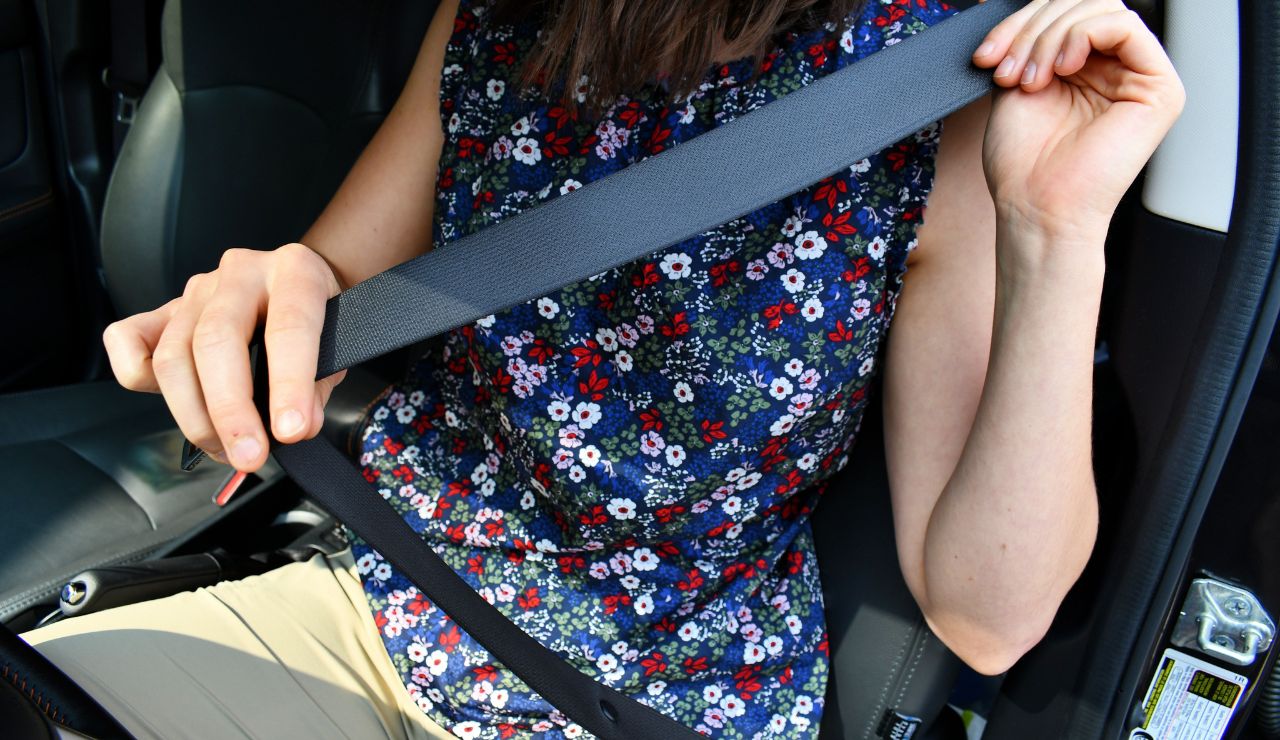
Wearing seat belts in Canada isn’t optional; it’s the law for everyone in the vehicle, front or back. Police can pull you over just for a seat belt infraction, and fines are often issued on the spot. Many Americans are surprised by how strictly this is enforced, especially in provinces like Ontario and British Columbia. Make sure you and all passengers buckle up every time you get in the car, even if it’s just a short ride.
Distracted Driving Ban
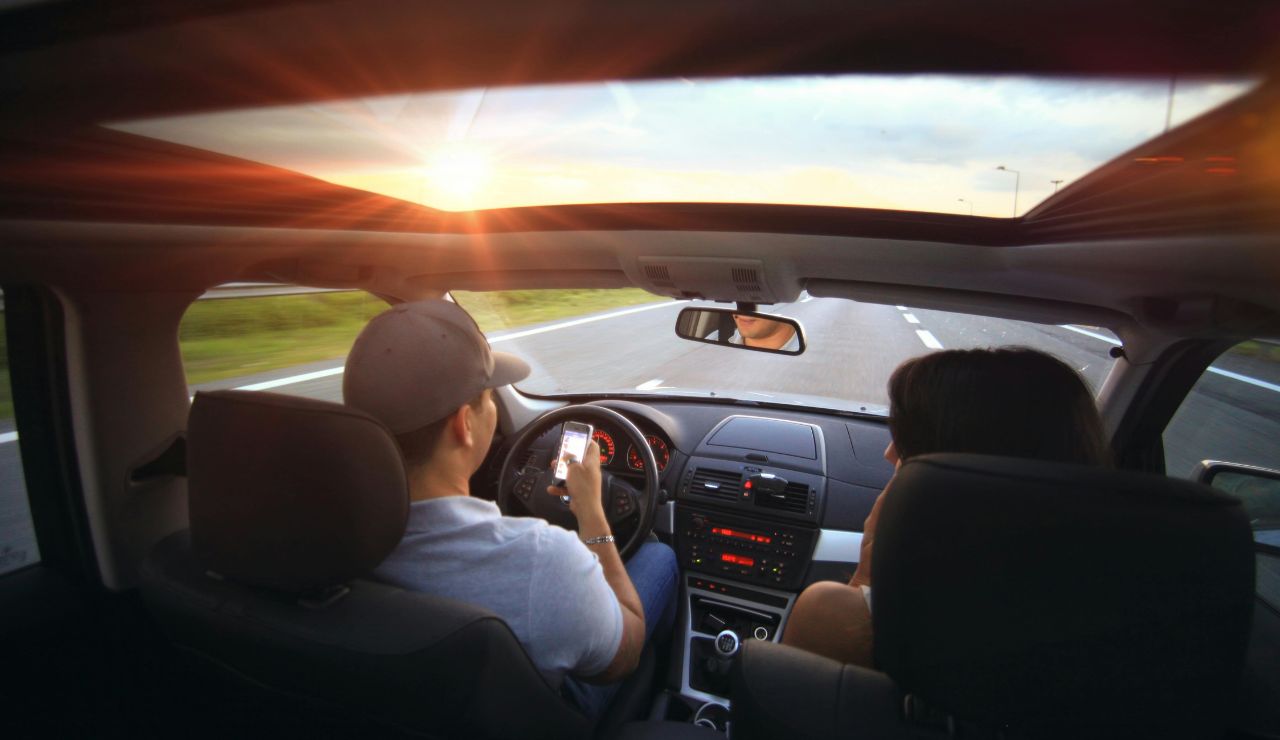
Holding or even touching your phone while driving in Canada can cost you big. Each province has laws against distracted driving, and they’re actively enforced with fines, points, and possible license suspensions. That includes texting, using GPS, or holding your phone at a red light. In some provinces, repeat offenders may lose their driving privileges. Use hands-free tech or pull over safely if you need to use your device.
Speeding & Racing Penalties

Canada doesn’t mess around with dangerous driving. If you’re caught speeding excessively or street racing, your car might be impounded on the spot. Some provinces classify these as “stunt driving” offenses with penalties that include heavy fines and immediate license suspensions. Visitors from the U.S. may assume it’s just a speeding ticket, but in Canada, it can mean court dates and long-term travel restrictions.
Firearms Declaration
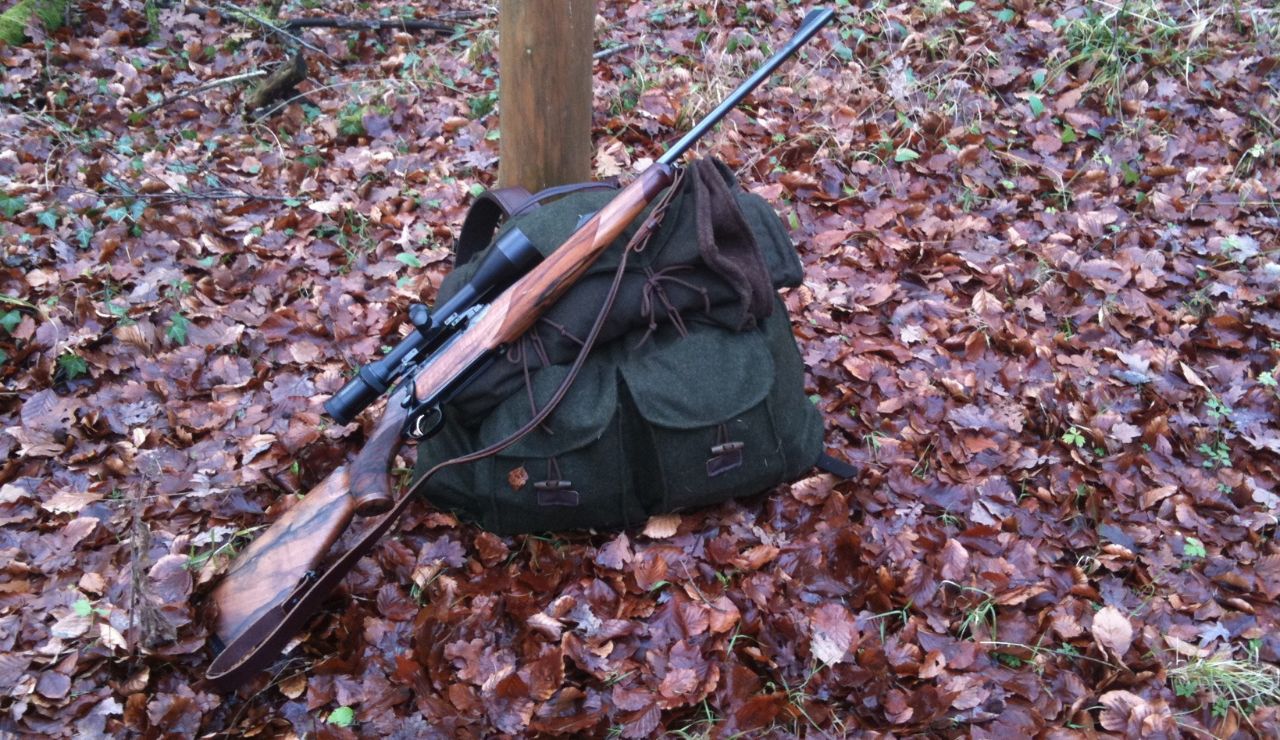
Visitors bringing firearms into Canada must declare them at the border and complete official paperwork. Unregistered or undeclared weapons can be seized, and the traveler may face charges or be denied entry. Even hunting rifles, antique guns, or those considered legal in the U.S., are tightly regulated. Handguns are largely prohibited. If you’re traveling with any kind of weapon, know the law or risk serious consequences.
Impaired Driving Consequences
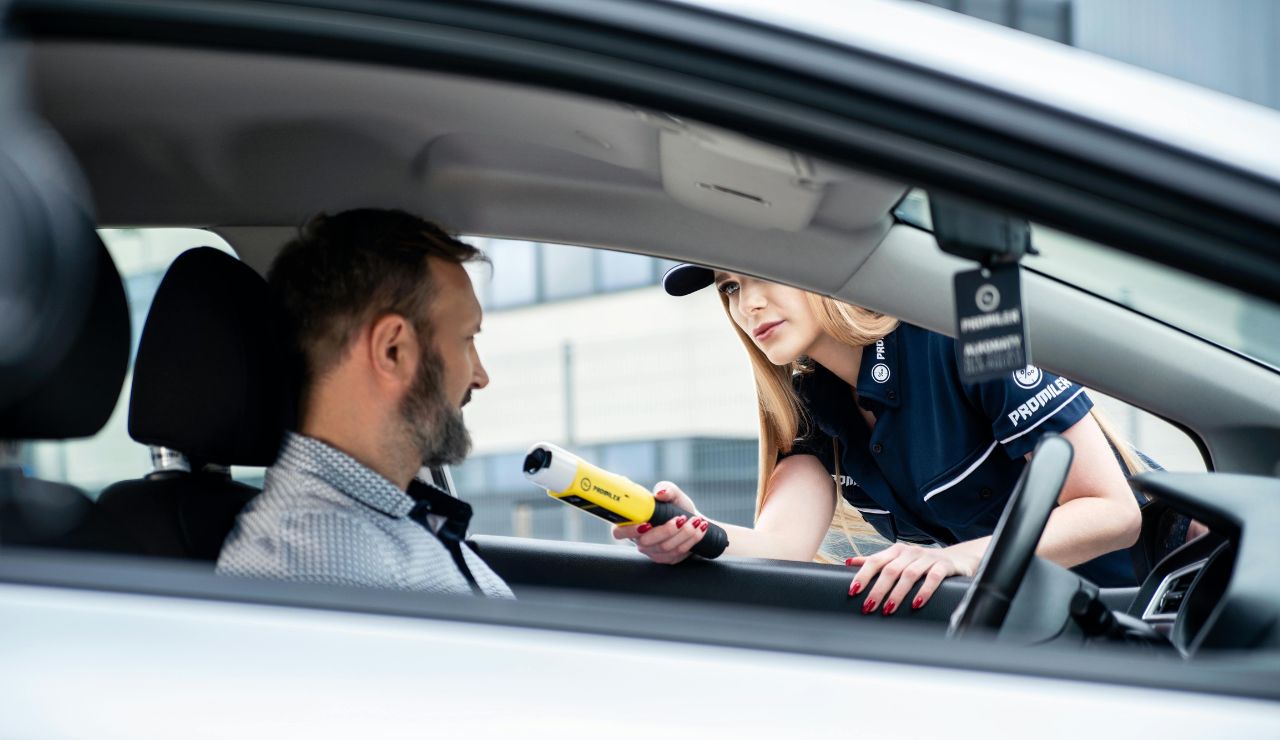
Canada takes impaired driving very seriously. A DUI can get your license suspended immediately, even if you’re a tourist. Refusing a breath test is also a criminal offense. And if you’ve ever had a DUI conviction in the U.S., that history alone could bar you from entering Canada altogether. If you plan to enjoy the nightlife, use public transportation or a rideshare, don’t risk driving under the influence.
Public Drinking Limits
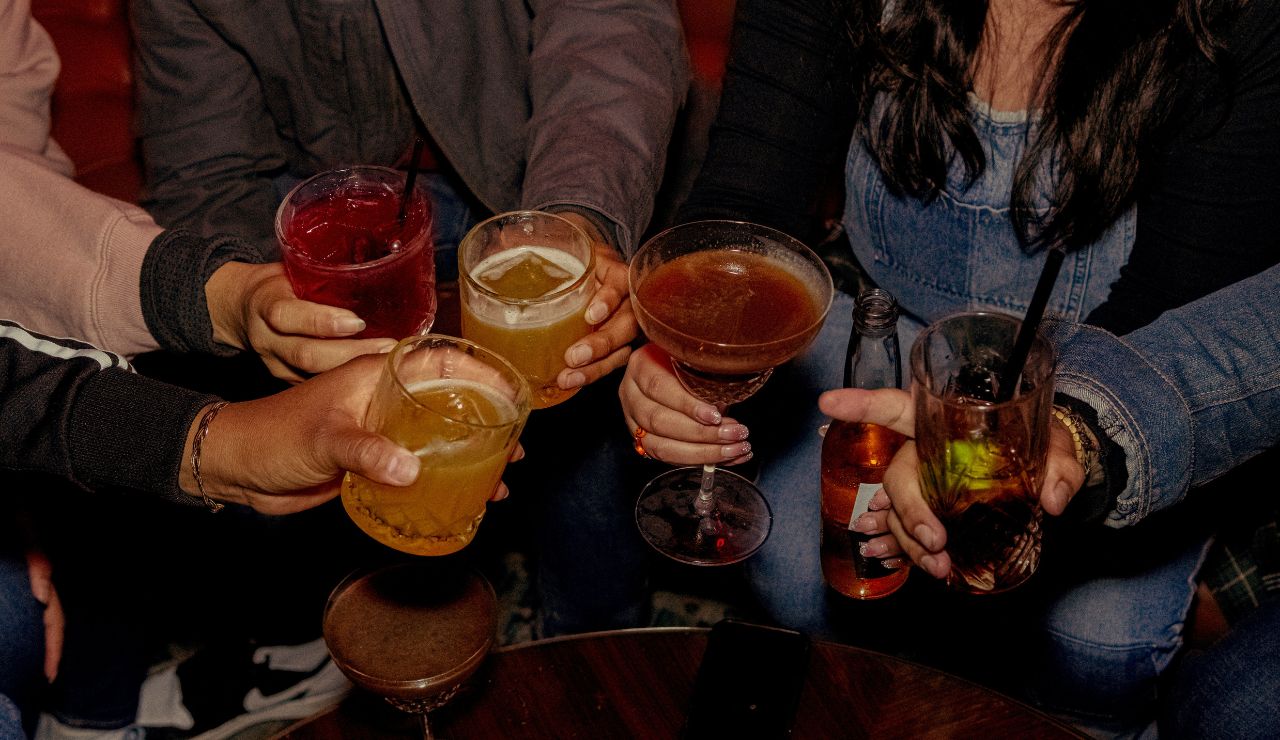
Open-container laws in Canada vary but are generally stricter than in the U.S. Drinking alcohol in public spaces like parks, beaches, or sidewalks is usually prohibited unless clearly designated. Even in festival settings, you’ll need to stay within marked drinking zones. Violations can result in fines, and police often patrol during holidays or events. Always check local signs and stay within legal boundaries.
Prescription Drug Rules

Traveling with prescription medication? Keep it in its original container with your name clearly labeled. Canada limits imports to a 90-day personal supply and may require documentation for certain drugs, even those over-the-counter in the U.S. Some medications that are legal at home may be restricted or banned. Keep a copy of your prescription and declare all medications at the border to avoid complications.